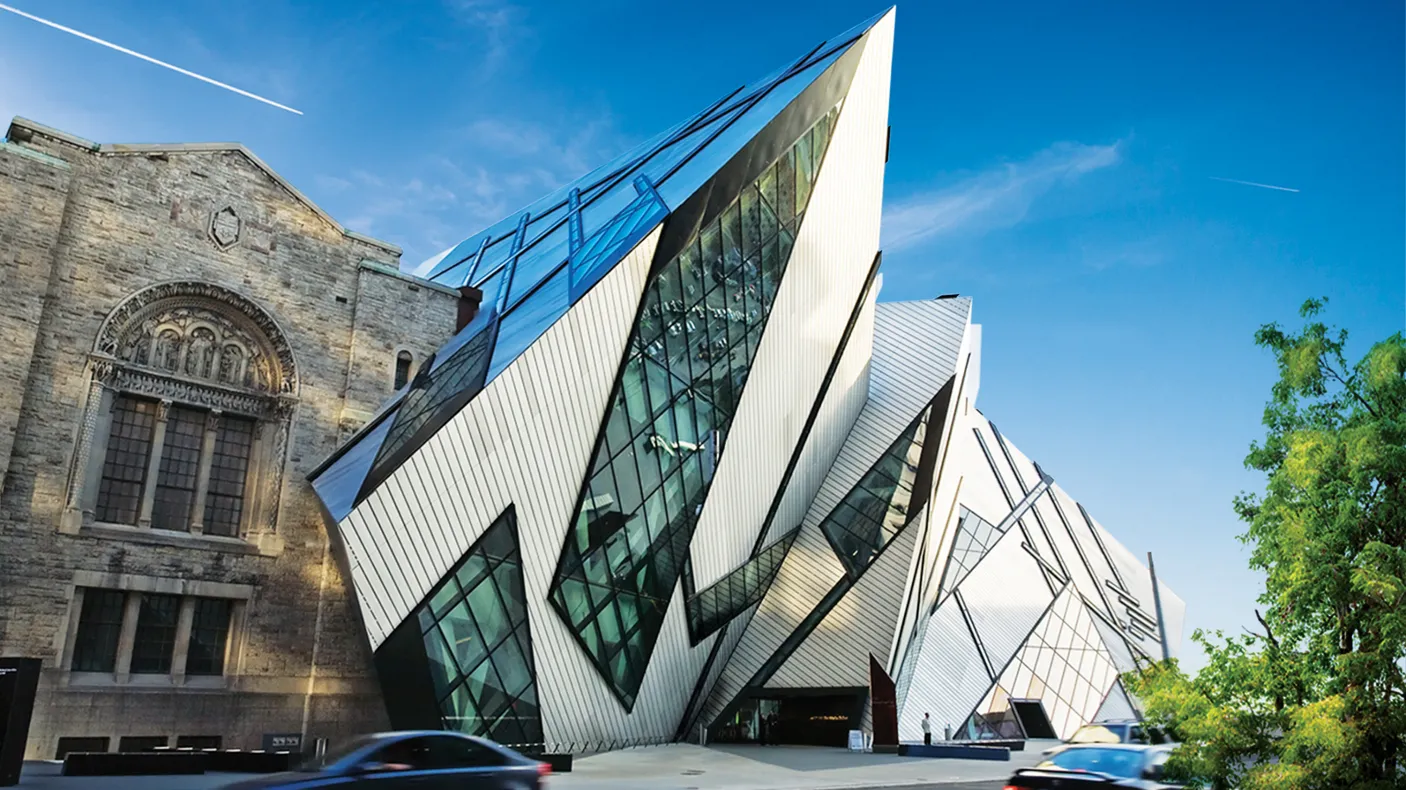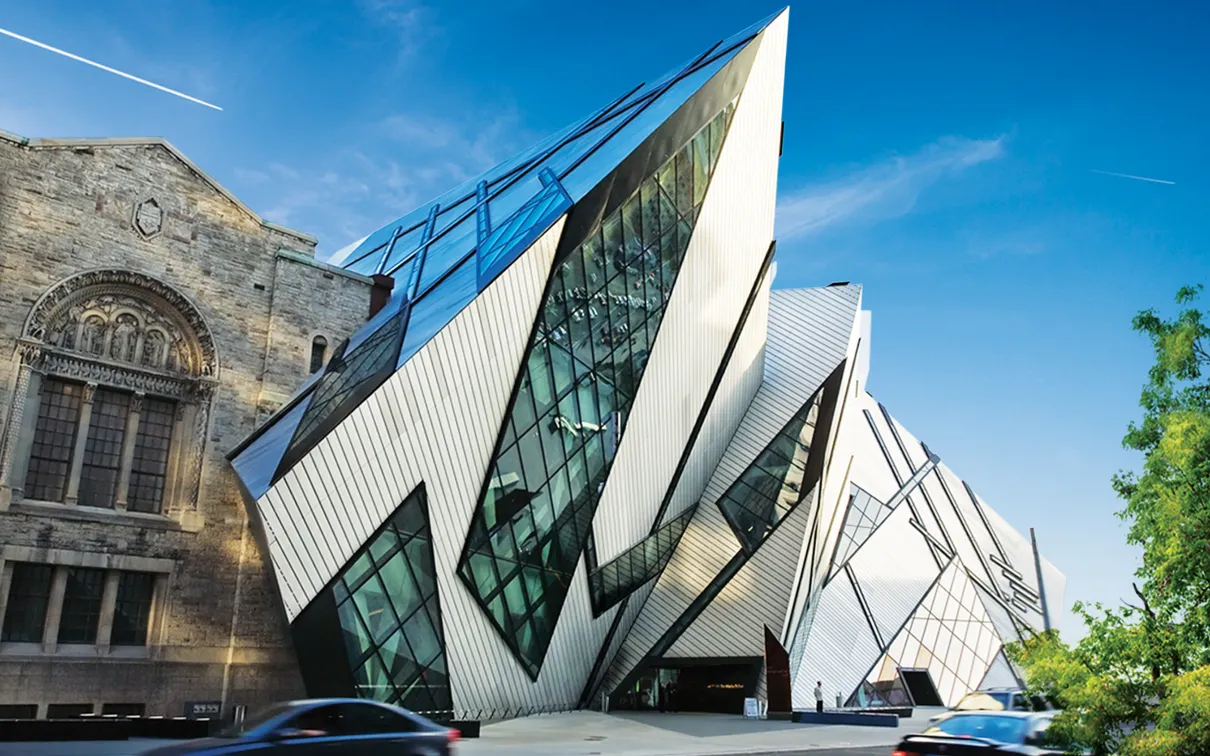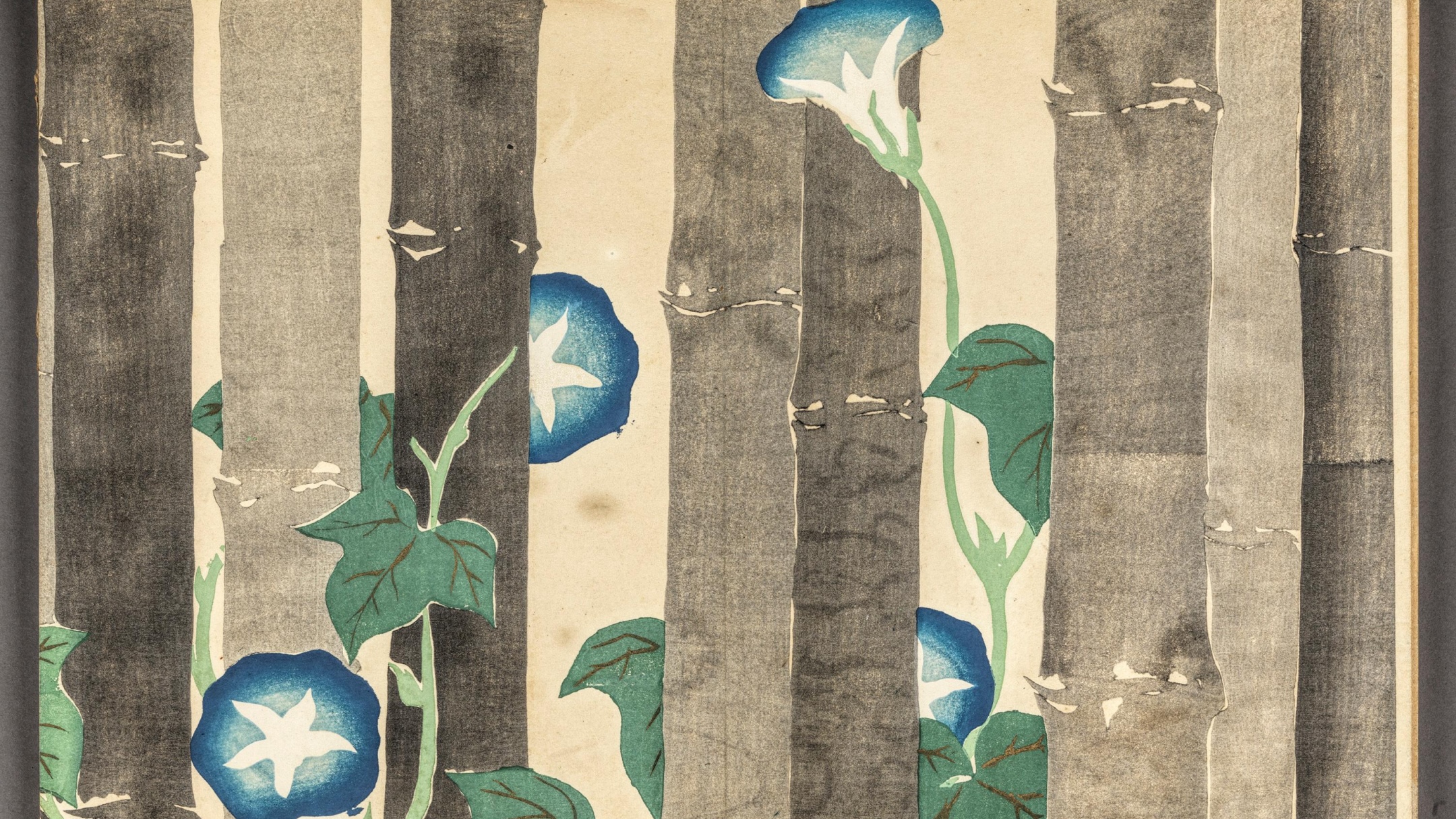The Changing Arctic Landscape
Published
Category
Press Release
The Changing Arctic Landscape
___________________________________________________________________________
Join Carbon 14: Climate is Culture Day of Dialogue at the ROM
with members of Inuit community and leading environmental experts
(Toronto, Ontario – January 14, 2014) The Royal Ontario Museum’s Centre for Contemporary Culture, the Walter and Duncan Gordon Foundation and the Cape Farewell Foundation present The Changing Arctic Landscape, a day of thought provoking discussions on Sunday, January 26, 2014 at the Royal Ontario Museum (ROM). Acclaimed environmental, cultural and human rights advocate Shelia Watt-Colutier, leading Canadian climate scientist Dr. Andrew Weaver, CEO and President of Baffinland Tom Paddon, and Inuit singer-songwriter Susan Aglukark will lead a series of discussions exploring the impact of climate change on Inuit communities in Canada. Topics include Climate Change Science and Culture, Arctic Development, and Northern Health and Housing.
The Changing Arctic Landscape
1:00 – 5:15pm January 26, 2014
Royal Ontario Museum, Eaton Theatre
1:00 – 1:50 pm
Nomad
Susan Aglukark
Through song and stories, Nomad is a journey of the Inuit over the past 1,000 years, shedding light on the psychological and cultural impact of rapid change. Aglukark will introduce audiences to Inuit culture and provide context for the day’s discussions.
2:00 – 2:50 pm
A Warming Arctic: Climate Change Science and Culture
Sheila Watt-Cloutier and Dr. Andrew Weaver
Short presentations by Sheila Watt-Cloutier and Dr. Andrew Weaver, followed by conversation moderated by Ian Mauro examining the scientific and cultural implications of a warming Arctic.
3:15 – 4:00 pm
Healthy Homes
For Inuit communities, issues like climate change and development are very important, given that they have a huge impact on regional health and infrastructure. In Canada’s North, delivery of health services is already a challenge, and research indicates health issues are likely to be exacerbated by climate change due to changing environmental conditions and associated impacts on land-based safety, food security, water quality and mental health within communities. Housing infrastructure—or the lack thereof—is key to ensuring the well-being of people and communities.
4:15 – 5:00 pm
Arctic Development: Open for Business?
Arguably, the most important and contentious issue currently facing the North is economic development, and its impact on the well-being of Indigenous communities and their environment. This panel will explore the balance required to ensure sustainable development in a rapidly changing Arctic. This solution-orientated dialogue will focus on the priorities of northern communities and how they can best be achieved through knowledge sharing, conversation and governance.
5:00 – 5:15 pm
Closing Remarks
Thomas Axworthy, President & CEO of Walter and Duncan Gordon Foundation.
Tickets are priced at $20 general public, $15 ROM members and $10 students and are available online at www.rom.on.ca or telephone 416-586-5797. The Changing Arctic Landscape takes place as part of the Carbon 14: Climate is Culture exhibition + festival, a four-month long cultural engagement—through music, performing arts, talks, and a major exhibition at the ROM— with one of the most pressing issues of our time: climate change.
ROM Contemporary Culture
Carbon 14: Climate is Culture continues on ROM Contemporary Culture’s 2013/14 theme of Climate Change (#ROMClimate). ROM Contemporary Culture has partnered with ROM Biodiversity to encourage conversation and provide insight on this contemporary issue. This year, ROM Contemporary Culture looks at the relationship between nature and culture through the lens of climate change and poses the questions: How does the landscape change a culture? How does culture change a landscape? For more information, visit rom.on.ca/carbon14
Cape Farewell
Established by artist David Buckland in 2001, Cape Farewell has successfully bought together artists and scientists to address the realities of climate change and envision creative solutions, showcasing what a resilient and exciting future may look like. Cape Farewell is based in the Science Museum’s Dana Centre in London, UK and its North American foundation is based at the MaRS Centre in Toronto. For more information, visit capefarewellfoundation.com/carbon14
Walter and Duncan Gordon Foundation
The Walter and Duncan Gordon Foundation is a private, philanthropic foundation based in Toronto, Canada. The Foundation undertakes research, leadership development and public dialogues of our freshwater resources and a people-driven, equitable and evolving North.
The Carbon 14: Climate is Culture exhibition was produced by Cape Farewell Foundation in partnership with ROM Contemporary Culture, and is supported by: Compton Foundation, Metcalf Foundation, Salamander Foundation, Ontario Arts Council, Bullfrog Power, The McLean Foundation, Groundheat, Redpath Sugar, WWF Canada, OASIS HD, Pattison Onestop, and Walrus Foundation.


